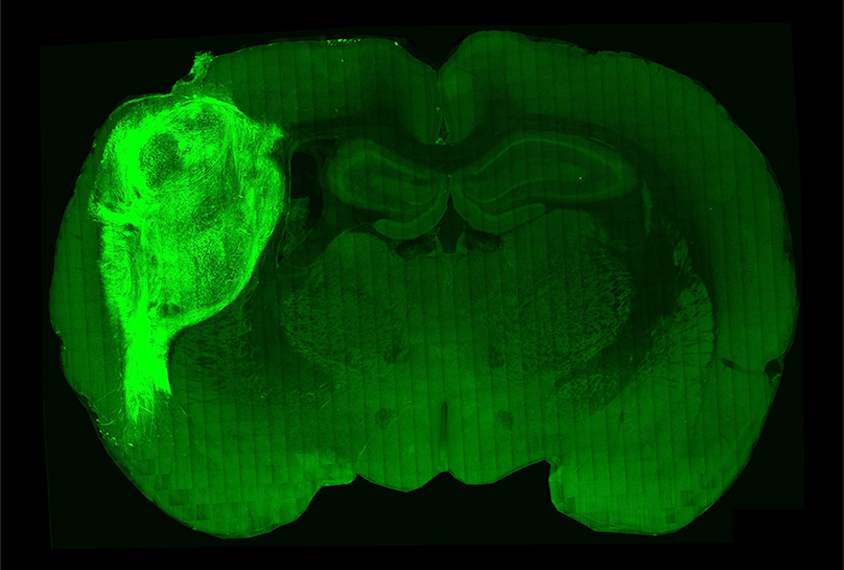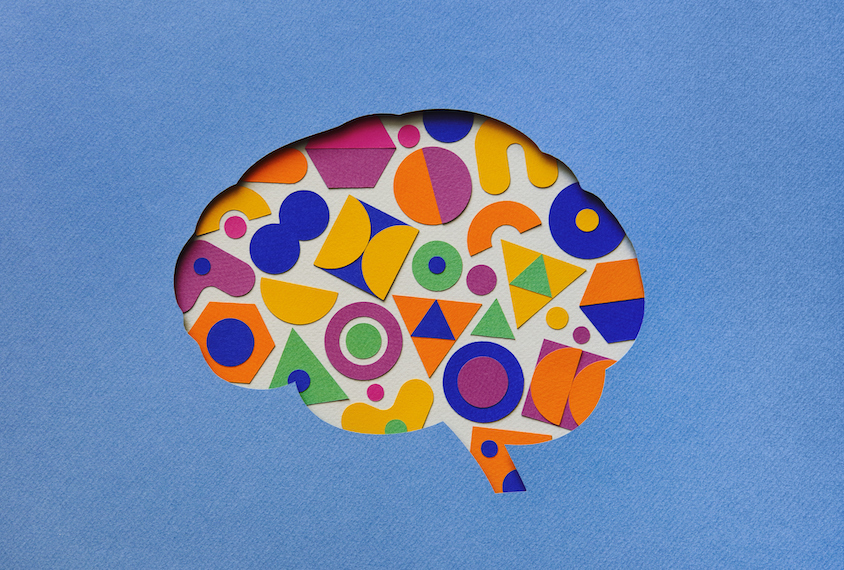2022: The year in review
Recent articles
40 under 40
In 2022, we asked our profile subjects and sources to flag rising stars in their labs or among their former students. The result is this list of 40 young researchers who are working on autism-related science across the globe.

40 under 40
In 2022, we asked our profile subjects and sources to flag rising stars in their labs or among their former students. The result is this list of 40 young researchers who are working on autism-related science across the globe.
Hot topics in autism research in 2022
This year saw the debut of ever-more complex techniques to grow and analyze brain organoids and other 3D tissue cultures, among other advances.

Hot topics in autism research in 2022
This year saw the debut of ever-more complex techniques to grow and analyze brain organoids and other 3D tissue cultures, among other advances.
Autism researchers’ top tweets in 2022
Social media chatter this past year took up a mysterious gene region, the brain’s physical geometry and other topics related to the advancement of autism science.

Autism researchers’ top tweets in 2022
Social media chatter this past year took up a mysterious gene region, the brain’s physical geometry and other topics related to the advancement of autism science.
Top conferences of 2023
Track some of the major autism science meetings next year on our timeline, and tell us which ones you plan to attend.

Top conferences of 2023
Track some of the major autism science meetings next year on our timeline, and tell us which ones you plan to attend.
Explore more from The Transmitter
Shifting neural code powers speech comprehension
Dynamic coding helps explain how the brain processes multiple features of speech—from the smallest units of sounds to full sentences—simultaneously.

Shifting neural code powers speech comprehension
Dynamic coding helps explain how the brain processes multiple features of speech—from the smallest units of sounds to full sentences—simultaneously.
Astrocytes orchestrate oxytocin’s social effects in mice
The cells amplify oxytocin—and may be responsible for sex differences in social behavior, two preprints find.

Astrocytes orchestrate oxytocin’s social effects in mice
The cells amplify oxytocin—and may be responsible for sex differences in social behavior, two preprints find.
Neuro’s ark: Spying on the secret sensory world of ticks
Carola Städele, a self-proclaimed “tick magnet,” studies the arachnids’ sensory neurobiology—in other words, how these tiny parasites zero in on their next meal.

Neuro’s ark: Spying on the secret sensory world of ticks
Carola Städele, a self-proclaimed “tick magnet,” studies the arachnids’ sensory neurobiology—in other words, how these tiny parasites zero in on their next meal.